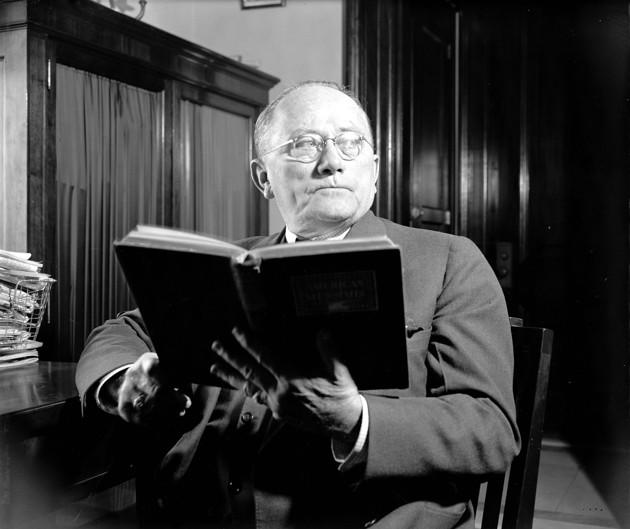Trump Time Capsule #37: 'Breached the Boundaries'

Among the challenges the Trump campaign has raised is one for the press. Reporters are most comfortable sticking to the “I’m just reporting” mode: This candidate says X, that candidate says Y, and it’s up to you, the voter, to decide which you prefer. What’s up to me, the reporter, is just to let each side have its say.
Even in the best of circumstances, this pose of willed neutrality has its limits and distortions (as chronicled here over the years). The 2016 campaign offers nothing like the best of circumstances, in that one of the two remaining major candidates simply invents, fantasizes, re-writes, distorts, omits, and generally lies about great portions of his utterances each day.
Recommended: The Party of Donald Trump?
(How can I say that? Two quick illustrations from last night’s speech in Ohio. Donald Trump baldly asserted that after the murders of police officers in Dallas, political-correctness-minded people were “calling for a moment of silence” for the killer. That did not happen. To be more precise, there’s no evidence that it occurred. Trump also repeated his claim that he had opposed the Iraq war even before it began. He did not. He keeps saying it, but it is not true. Each day brings its own fresh supply of flat-out falsehoods.)
The natural tendency for the mainstream press — and believe me, this is by far the most comfortable place to be when doing a newspaper story or TV or radio report — is to avoid saying, “One of these people is lying.” Instead you want to lay out both sides and hope the contrast doesn’t need to be spelled out. But in a campaign like this, the result of this structural even-handedness can be to “normalize” the side that is lying. “Mr. Trump says there is no drought in California and that it’s all a fiction by environmentalists. Scientists in California disagree. We’ll leave it there.”
***
Thus the occasion for today’s time-capsule entry is a series of three items showing the press resisting “normalization.”
1) A long, thoroughly reported piece by Nicholas Confessore in the NYT, on how Trump has deliberately courted white racial resentment against blacks, Latinos, Muslims, and others. The story doesn’t pussy-foot around by saying, “Critics wonder whether ….” It comes right out about what he is doing:
In countless collisions of color and creed, Donald J. Trump’s name evokes an easily understood message of racial hostility. Defying modern conventions of political civility and language, Mr. Trump has breached the boundaries that have long constrained Americans’ public discussion of race.
Mr. Trump has attacked Mexicans as criminals. He has called for a ban on Muslim immigrants. He has wondered aloud why the United States is not “letting people in from Europe.”...
In a country where the wealthiest and most influential citizens are still mostly white, Mr. Trump is voicing the bewilderment and anger of whites who do not feel at all powerful or privileged.
But in doing so, Mr. Trump has also opened the door to assertions of white identity and resentment in a way not seen so broadly in American culture in over half a century, according to those who track patterns of racial tension and antagonism in American life.
2) An item by Greg Sargent in the Washington Post, under the headline “One of the candidates is actively trying to divide the country.” This is presented as an opinion item rather than a news-analysis piece like Confessore’s, but it urges readers to move past hand-wringing about “extremists on both sides” to concentrate on Trump’s flat-out appeals to racial/tribal divisions, which are unlike anything the other side is doing. Sargent writes that:
Read more from The Atlantic:
This article was originally published on The Atlantic.
